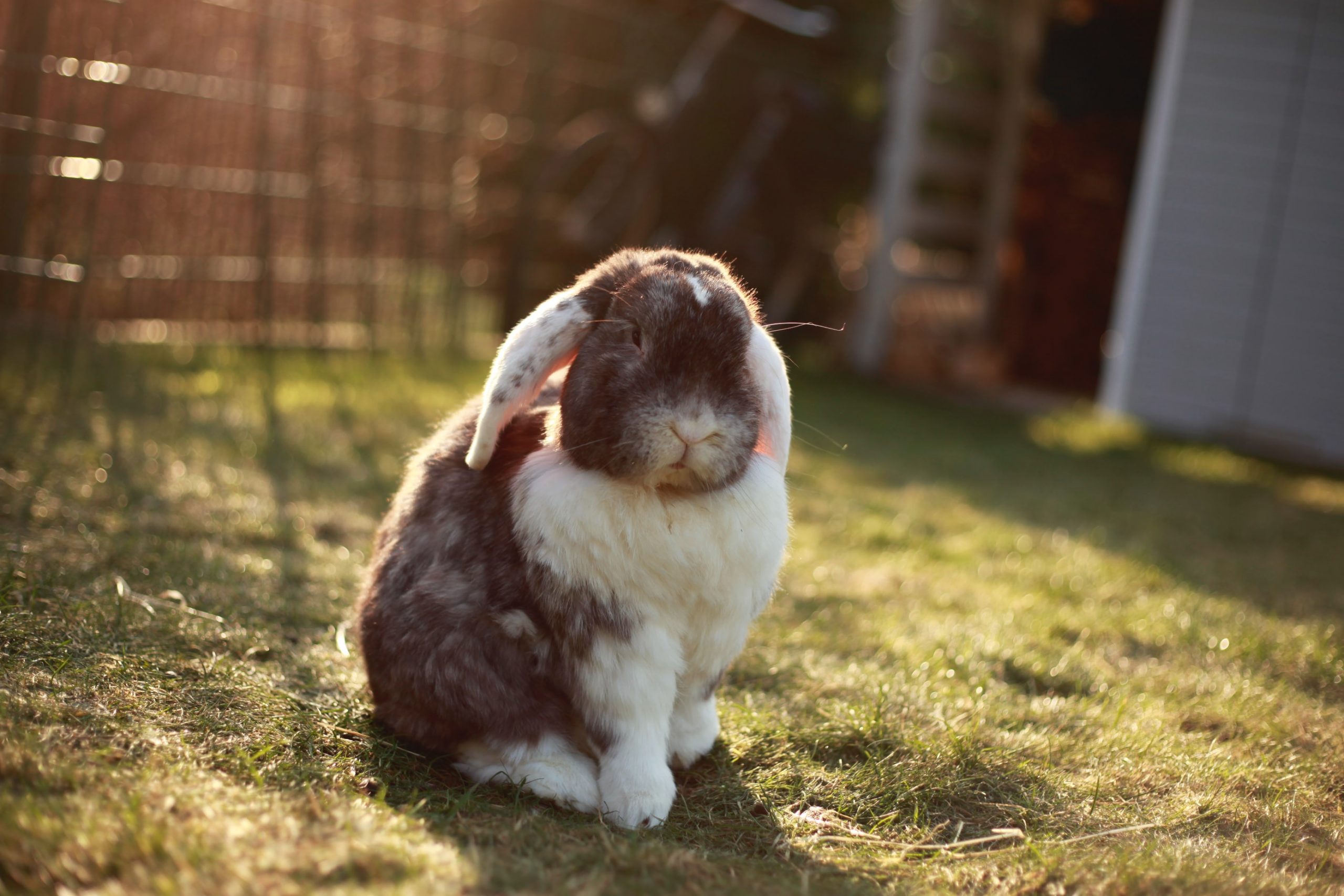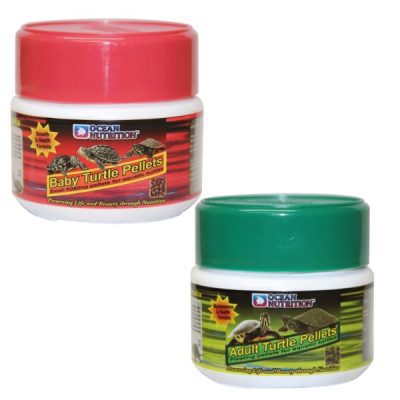Rabbit Care Sheet
Rabbit care sheet – This care sheet contains recommendations from our shop assistants.
General Care
Rabbits are sociable animals. Ideally, they should be kept in groups or pairs. Neutered pairs usually work best. In some circumstances, rabbits can be kept on their own, but you must allocate plenty of time to be their companion. We do not recommend keeping guinea pigs and rabbits together as they require a different set of diets and they can fight.
Housing
Rabbits should be provided with a large, spacious cage roughly 6ft in length. Smaller cages can be used for smaller/baby rabbits or if used as a sleeping area. An outdoor hutch should be sturdy, waterproof, and raised off the floor by approximately 25cm. Place the hutch in a sheltered position so rabbits are protected from all weathers. A hutch cover can often offer additional protection on cold nights. A rabbit’s cage should be placed in a cool room out of direct sunlight and draughts.
Rabbits are active; therefore, it is essential they are allowed daily exercise outside their cage, whether in a safe garden enclosure or a rabbit-proof part of your home. An outdoor enclosure should be secure enough to keep the rabbits in as well as other animals out.
It is becoming more popular for rabbits to become free-roaming in houses.
Rabbits are prey animals, so they are naturally shy, quiet, and usually dislike being held above ground level. Children should be encouraged to interact with them at ground level.
Enrichment is important for the rabbit’s wellbeing, so ensure that its living environment is both safe and enjoyable.
Food and water
Rabbits should be fed a diet as close to natural as possible. Grass, hay, and fresh leafy vegetables are recommended.
A daily healthy diet should be:
- 90% grass and hay. This should be available to your rabbit 24/7.
- 5% leafy greens and vegetables. (Kale, carrots, and broccoli)
- 5% commercial feed. (Approximately two egg cups)
Fresh foods should be given in moderation. You should avoid giving fresh vegetables to rabbits under 16 weeks old. Fresh foods should be washed thoroughly before feeding and should not be allowed to become frosted. Anything that is not eaten should be removed regularly.
Fresh hay should be always provided as rabbits’ digestive systems are sensitive and require a large amount of hay to eat. Freshwater must also be always available and should be provided both by a gravity-fed bottle and a bowl.
Tooth care for rabbits: Preventing dental disease
Unlike human’s, rabbits’ teeth grow constantly throughout their life. Rabbits need to spend a lot of their time nibbling and chewing to wear their teeth down. Failing these the rabbit’s teeth will grow too long and start to grow sharp spikes, which dig into their tongue and cheeks. This causes painful mouth ulcers.
Signs that your rabbit might have dental problems
If your rabbit is having trouble with its teeth they might:
- Go off their food.
- Dribble – You will notice a wet patch around their mouth and chin.
- Lose weight.
- Get runny eyes – Overgrown tooth roots can affect your rabbit’s eyes.
- Get a dirty bottom – A sore mouth makes licking and grooming too painful for your rabbits.
Your rabbits may need to have their teeth trimmed and the vet can also check back teeth for sharp spurs. This can be very painful and can cut into the tongue as well as making it difficult to eat. These spurs can be removed with a rasp. Do not delay if you are worried about your rabbits eating. They need to eat regularly to stay healthy and can become ill very quickly if they stop eating.
We recommend getting insurance for your new rabbits, vet bills can be expensive if your rabbits get any nasty infections.
Rabbits should also be registered at a vet, where they can have vaccinations and microchips done. They will also need to be neutered. Worming and mite treatment can also be administered on-site. Any signs of changes in your rabbit’s behaviour (unusual behaviour, not eating, etc..) must be reported to your vet immediately.
For any further information or advice please feel free to message us on Facebook or contact the store on 01902 494860









